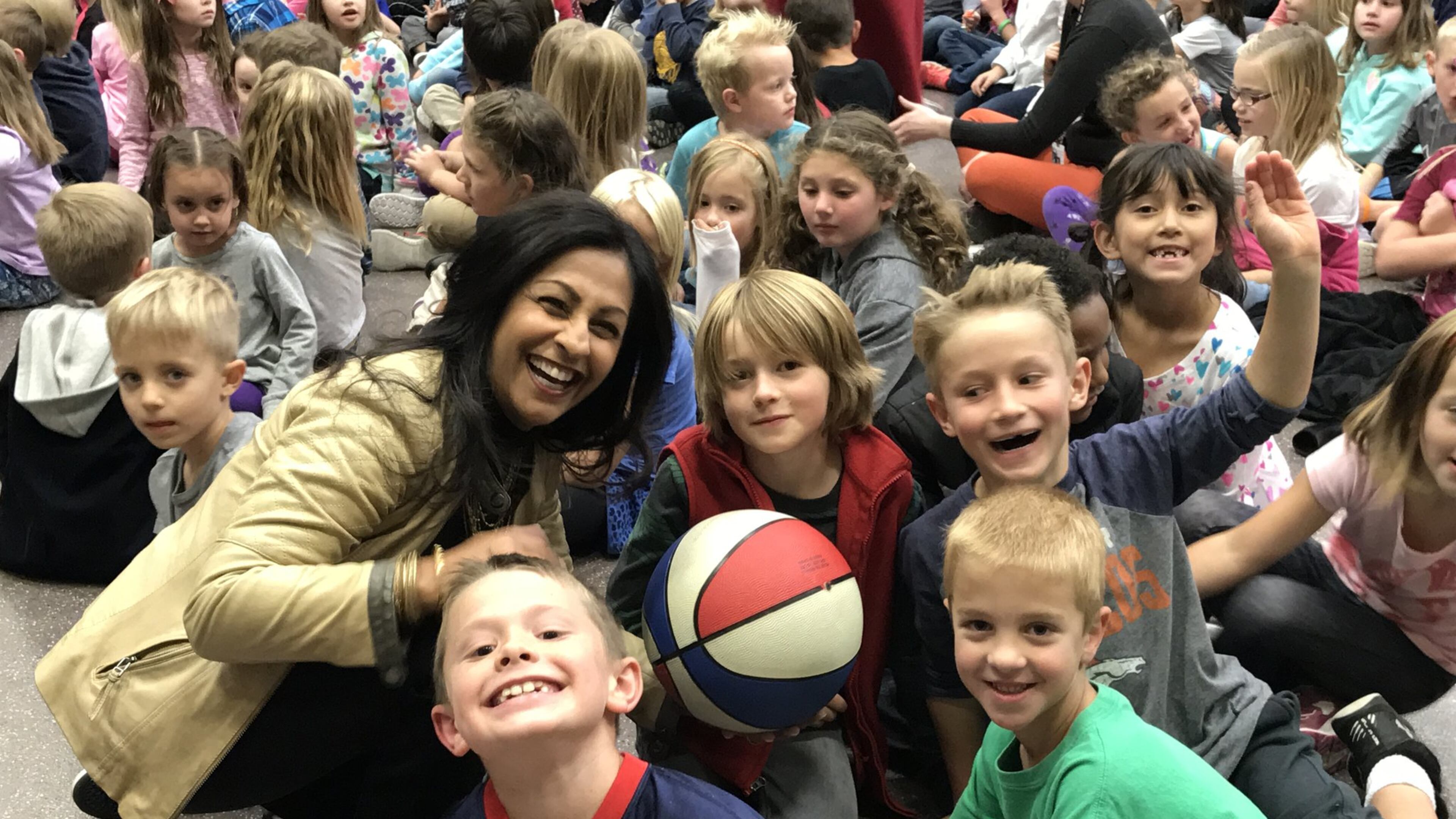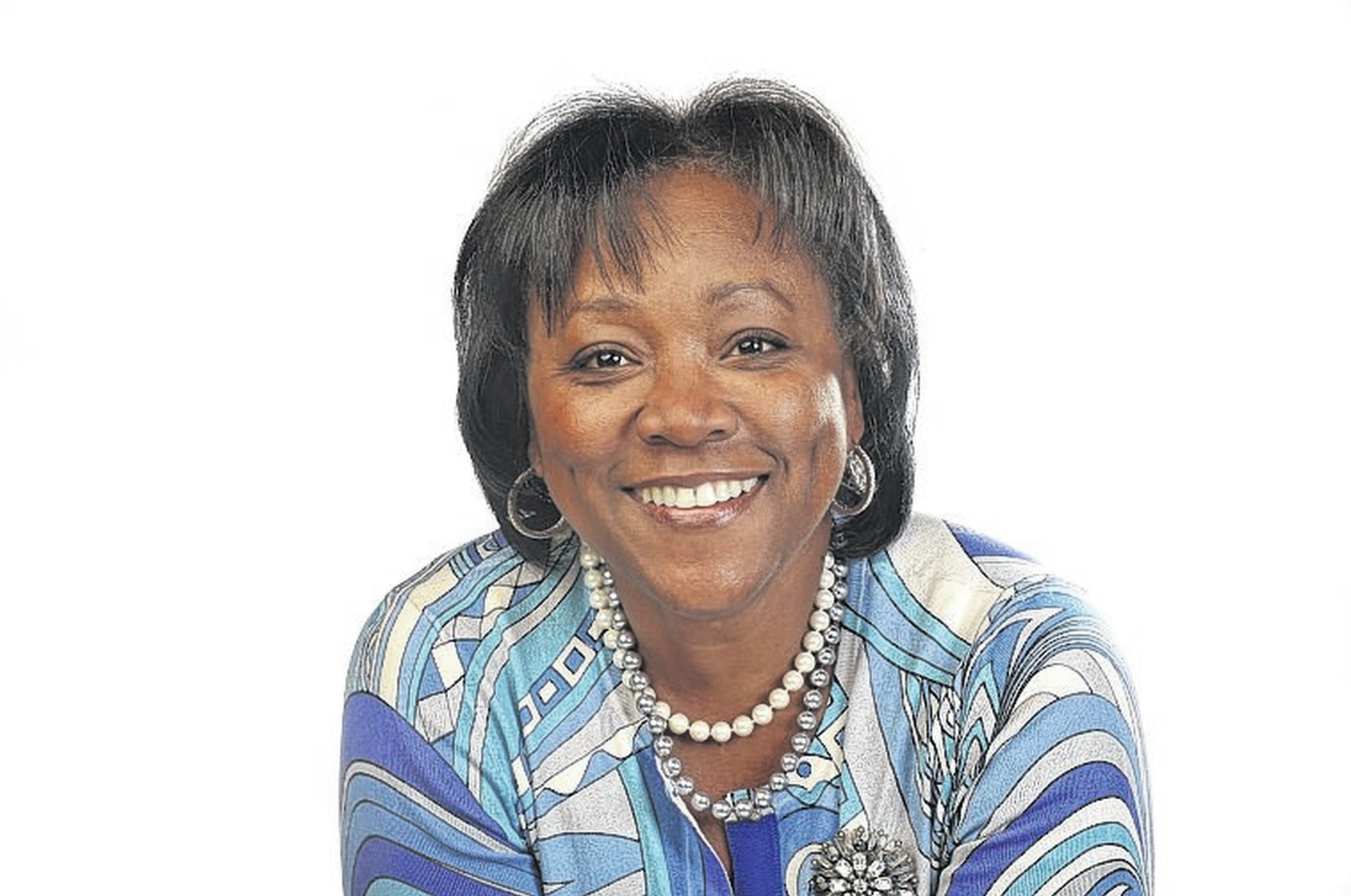Life with Gracie: Why resolving to be kind is the best New Year’s resolution

If you’re reading this, it means you made it through 2016 in one piece. I hope you feel good about that and are now looking forward to another run at this life.
I am.
In just three months, my daughter Asha will marry the love of her life and Jamila will be entering her third year of medical school. I get the feeling I’ll be shedding a lot of happy tears this year.
Having said that, I know this time of year can be hard for a lot of us, especially if you’re given to second-guessing yourself, comparing yourself to others or simply full of doubts and questions.
Why couldn’t I shed those 20 pounds I wanted to lose? Why didn’t I get my dream job? Did I meet even one of last year’s goals?
Questions.
They’re why I never quite get around to making New Year’s resolutions and am just fine with that. Life has enough disappointing moments without my making promises to myself.
I do, however, resolve to try to be better each year than the last. Better at listening. Better at being present. Better at simply being kind and thoughtful.
Those aren’t things I write down or talk about and probably wouldn’t have thought to mention except as 2016 drew to a close, I got a chance to talk to Gabriella van Rij, a self-described activist for kindness and author of “Watch Your Delivery.”
Van Rij was still stuck in Christmas mode and the pressure that comes with gift-giving for so many, but I’d moved on to the new year and the pressure we heap upon ourselves by simply making resolutions.
Both left us questioning why we measure success in tangibles. A better-paying job. A bigger home. A nicer car. A more finely toned body.
“We think these things matter because of others’ expectations of what we should have to be successful and to be of a certain social standing,” van Rij said. “Having these tangibles is then a way to prove to others and yourself that you have succeeded.”
But we agreed that all of us would be far better off if our successes were measured by, as she put it, the intangible, those things we can’t see or, for that matter, measure.

Van Rij said that for her, Christmas was always steeped in tradition, but what she remembers most about that time growing up was the gift of being together — the intangible.
Feeling you matter because the one person you thought you could count on came through for you again.
The joy of witnessing your child’s first step or them utter their first words.
The warmth of an embrace.
The reassurance we feel when a friend or complete stranger gives us the courage to be ourselves.
The moment someone made you smile or laugh out loud even though you didn’t feel like it.
Those are the things we can’t put a price tag on but mean the world to us.
Thinking of Van Rij’s intangibles, I remembered this quote from poet Maya Angelou: “People will forget what you said, people will forget what you did, but people will never forget how you made them feel.”
Feelings are rarely evident. You can’t touch them or see them and yet, in them is the power to hurt or heal us.
“I wish that people paid more attention to the intangible,” van Rij said.
Here’s why: If you ask any human being who they value the most, she said, they almost always answer family. However, when asked what they value most, even though geography, culture, and personal values might influence the answer, the overall response is “some form of security,” which often equates to family.
Instead of allowing self-doubt and the nagging questions to rule our lives, van Rij suggests we concentrate on appreciating the family and friends in our lives.
“I always say to people: Don’t set goals. Don’t set yourself up for failure in the first week of a brand-new year in your life,” she said. “Your relationship with each individual and the joy it brings can be the new measure of your success.”
In the end, our relationships are what matter the most. All year. Every year.


